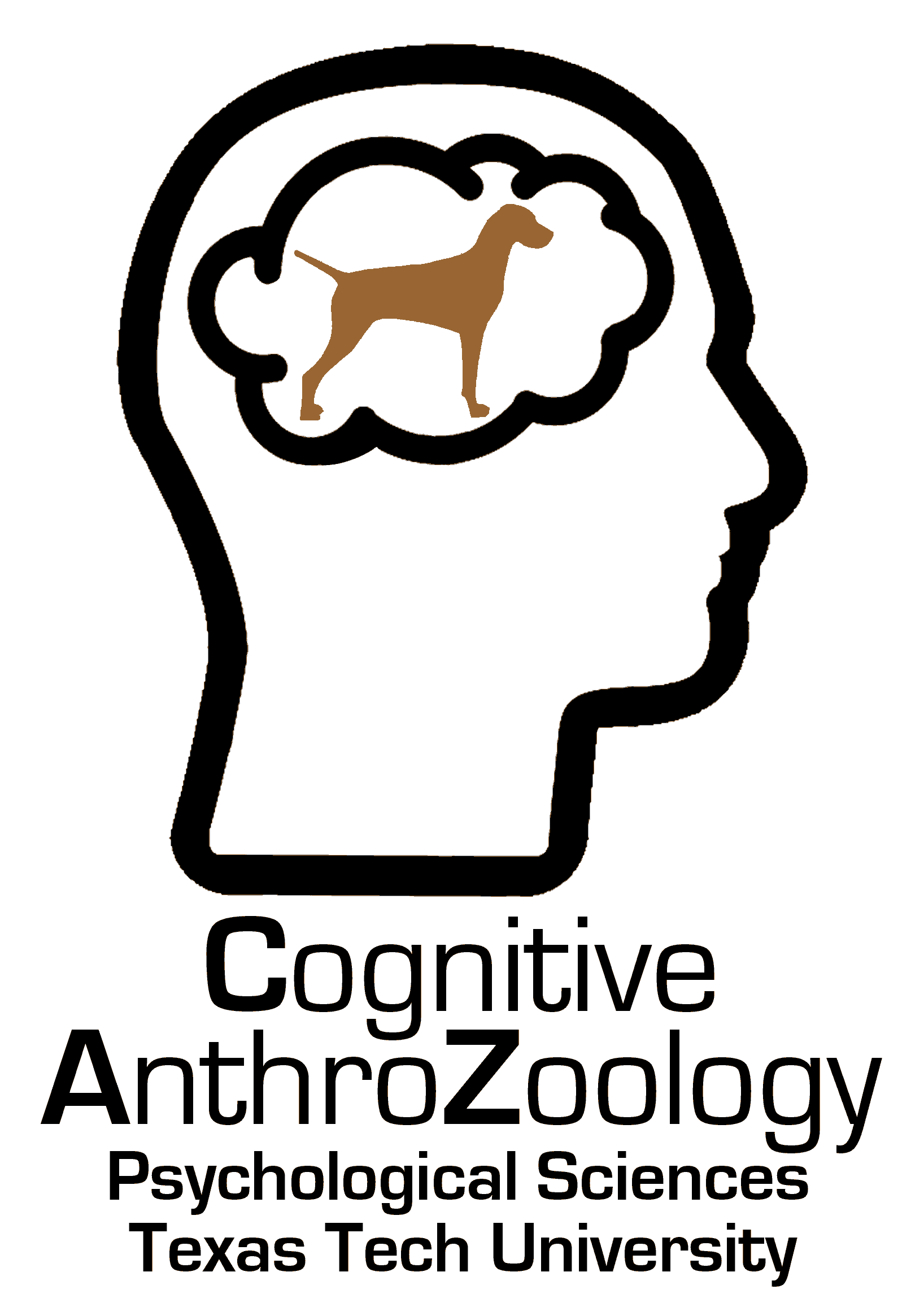Philip Marshall, Ph.D.
Email: philip.marshall@ttu.edu
Phone: (806) 834-8361
Office: 315, Lab: 453, 453A-B
Education
B.A., 1967, University of Rhode Island
M.A., 1970, University of Rhode Island
Ph.D., 1972, University of Illinois, Champaign-Urbana
Dr. Marshall will be reviewing applications for the incoming 2024-2025 class.

Research Interests
My current research interests span two distinct areas. The first is human-animal interaction.
This includes basic phenomena of how and under what circumstances we bond with our
pets or companion animals, and more specifically, what is the nature of cognitive
processing of pet-related information. The second area is the study of the psychology
of art, and what cognitive processing is involved in the creation, and appreciation
of art.
Previously, I published widely in the areas of human motor performance, and in the
broad area of human learning and memory.
Selected Publications & Presentations
- Marshall, P.H., Ireland, M. E., & Dalton, A. (2015). Earliest memories of pets predict adult attitudes: phenomenological, structural, and textual analyses. Human- Animal Interaction Bulletin, 3 (1). Retrieved from http://www.apa-hai.org/human-animal-interaction/human-animal-interaction-bulletin/
- Guthrie, M.F., Marshall, P. H., Hendrick, S. S., Hendrick, C, & Logue, E. (2018) Human love styles and attitudes toward pets. Anthrozoos. 31, 41-60.
- Briones, E. M., Marshall, P.H., & Mangano, S. (2022). Perceived aggressive tendencies of, and aggressive attitudes towards, selected breeds of dogs. Society & Animals. 10.1163/15685306-BJA10073
- Briones, E. M., & Marshall, P. H. (2022) The perception and effect of aggressive dog breeds on human social interaction. Human-Animal Interaction Bulletin. 13, 91-110.
- Briones, E. & Marshall, P. H. (2017) Perceived aggressive tendencies and functional attitudes towards various breeds of dogs. [Poster presentation] Southwestern Psychological Association, San Antonio.
- Mangano, S., Marshall, P. H., & Briones, E. (2018) Assessing evaluative responses to aggressive and non-aggressive breeds of dogs. [Poster presentation] Southwestern Psychological Association, Houston.
- Mangano, S., Briones, E.M, & Marshall, P.H. (2018). On the immediacy of evaluative information about aggressive and non-aggressive breeds of dogs from lexical decisions tasks.[Poster presentation] Psychonomic Society, New Orleans
- Marshall, P. H., (2019). Immediate responses to various breeds of dogs can effect human cognitive performance. [Paper presentation] International Symposium on Animal-Assisted Interventions. Republic of Korea Rural Development Administration, Institute for Animal Sciences, Jeunju, ROK.
- Briones, E. M., & Marshall, P. H. (2019). The automatic encoding of dog breed characteristics revealed in free recall. [Poster presentation] Southwestern Psychological Association. Albuquerque.
- Marshall, P.H., & Guthrie, M. (2022) Human-pet love styles predict satisfaction in the human-pet relationship. [Poster presentation]. Society for Personality and Social Psychology. San Francisco
- Vaughn, J., Marshall, P. H. (2022). On the salience of perceived aggression and physical characteristics for various breeds of dogs. [Poster presentation] Psychonomic Society. Boston
Psychological Sciences
-
Address
Texas Tech University, Department of Psychological Sciences, Box 42051 Lubbock, TX 79409-2051 -
Email
kay.hill@ttu.edu
